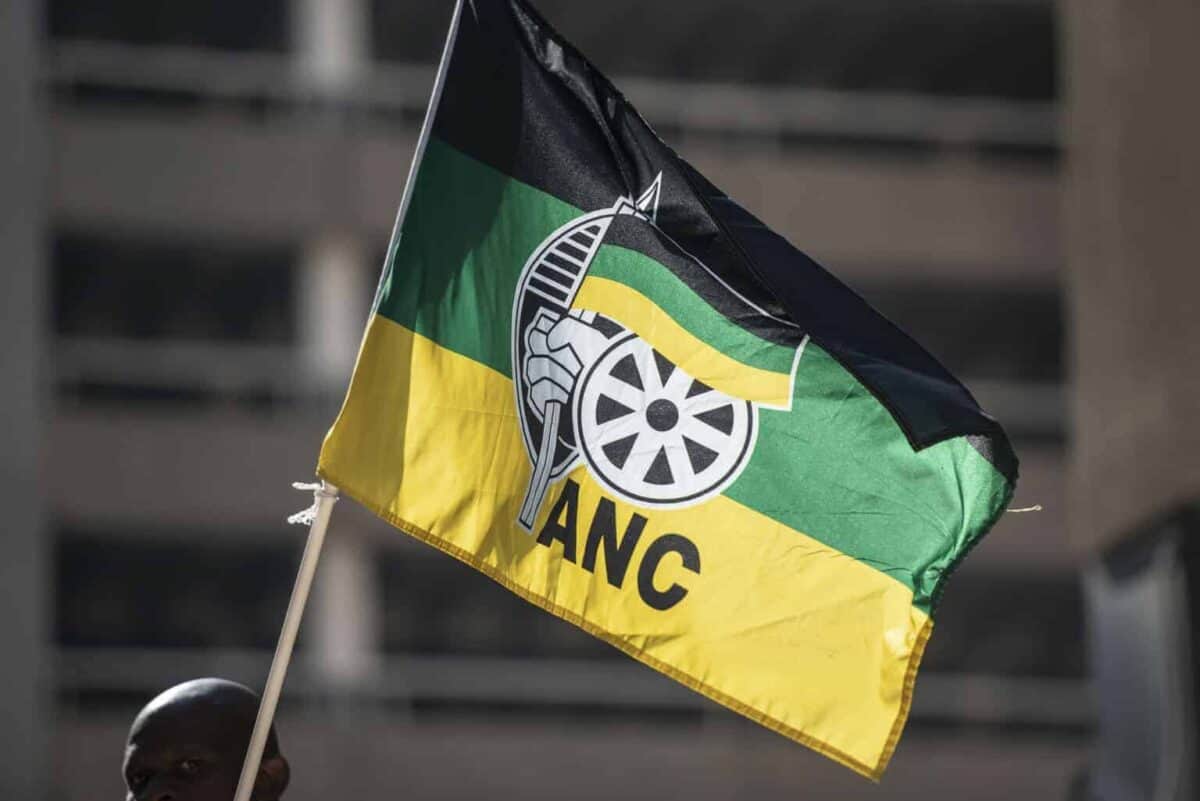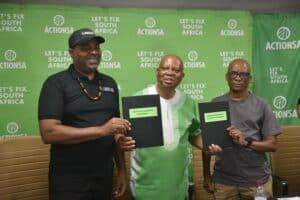ANC considers returning to consensus selection of leaders, sparking concerns over legitimacy, factionalism, and the party’s democratic process.

A move by the ANC’s groupings to reintroduce a consensus approach for selecting leaders has come under fire for being “undemocratic”.
The debate reflects a historical tension between internal elections and factionalism versus unity under a consensus candidate.
Historically, the ANC’s constitution lays out a formal, democratic process for electing its leaders. Nominations are then funnelled up through regional and provincial structures.
Proposed consensus-based leadership ANC draws criticism as ‘undemocratic’
Experts raised mixed reactions about Luthuli House’s mooted plan for an appointed leadership or a consensus slate – one that is agreed upon prior to party elections.
An analyst said this could help the party select a membership that is dedicated to the party and also safeguards party unity.
ALSO READ: Stan Mathabatha: Can Mbalula’s make-or-break meetings rescue ANC in Limpopo?
In a proposal contained in a discussion document prepared for the mid-term national general council in December, it suggested going back to the ANC’s olden days of consensus leadership, where a slate is agreed upon instead of being elected by delegates.
Positions earmarked for this approach were the top seven, particularly the presidency, which has been mired in infighting and continuous factionalism since the party’s Polokwane conference in 2007.
In the worst-case scenario, it is proposed that the leadership should be appointed, in which candidates have to submit resumes stating their qualifications and period of ANC membership.
Controversial approach
This approach is controversial and could cause further division in the party, as it also leaned towards the DA approach, which combines both appointments and election to positions.
The proposal is seen as an attempt to stop political infighting and power mongering in the party, since the Polokwane 2007 conference, when Jacob Zuma was controversially elected president, replacing then-president Thabo Mbeki.
ALSO READ: Mathabatha resigns amid vote rigging claims
He was subsequently unceremoniously recalled as president.
Since then, the ANC’s presidential elections have been mired in controversy and factional battles, which have spread to all levels of the party.
Dominic Maphaka, lecturer in political studies and international relations at North-West University, says the proposal could be seen as marking the beginning of a democratic reversal in the ANC, while helping the party to attract members who genuinely want to serve the organisation.
Beginning of a democratic reversal
“Selecting leaders is a questionable move, owing to the fact they should reflect the will of the people. This will raise reservations about the legitimacy of leaders.
“On the other hand, it might be an attempt by the ANC to rid itself of opportunistic tendencies that are rooted in its ranks through confining decisions to the highest structures, such as the national working and national executive committees,” he said.
ALSO READ: Ramaphosa’s ‘praise’ of Zim land grabs has coalition partner fuming
“The party might see the mass exodus of the self-serving individuals who use the party for self-enrichment, particularly in the lower ranks, where mediocrity is normalised and disguised with numerical strength,” Maphaka said.
Independent political analyst Sandile Swana said there had never been democracy in the election of ANC presidents, while the current nomination and election process was prone to bribery and corruption.
The process had often produced leadership with no credibility, with many using money to get into power positions.
Democracy has not happened in election of ANC president
“Democracy has not happened in the election of an ANC president for a long time.
“That topic has long gone out of the window– it’s no longer there,” Swana said.
NOW READ: Transformation is not about replacing white faces with black faces – Mantashe






